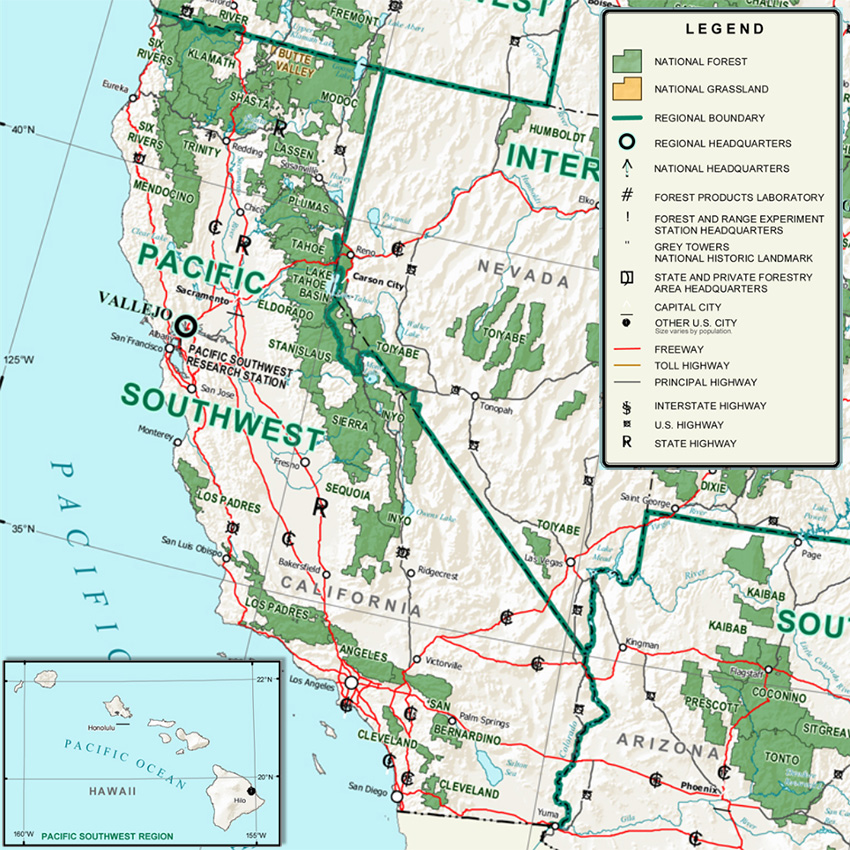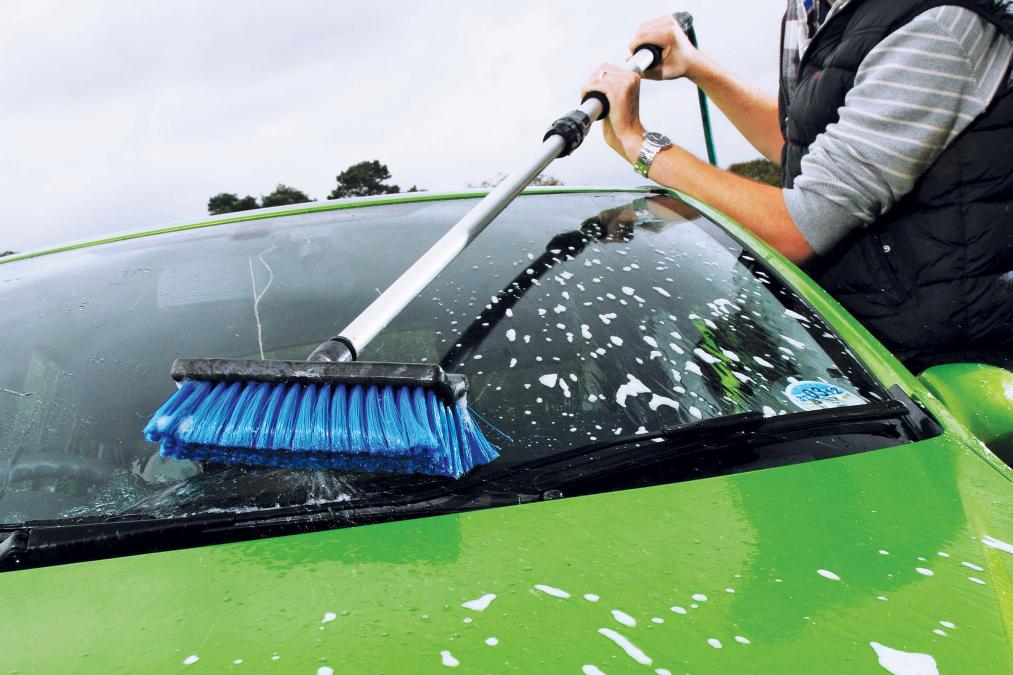The news lately has been very depressing lately – the Covid epidemic, police killings of unarmed black men, civil unrest, devastating fires, the highest unemployment rate since the Great Depression – the list is endless. But the future isn’t completely bleak. Here are a few good things to think about.
Business Closings. A lot of neighborhood businesses have closed since the Covid epidemic began; however, 98% of all businesses that have closed since the epidemic began say that they plan to reopen. It is also important to remember that the failure rate for small businesses is always high. 1/2 of all small businesses fail within 5 years. The failure rate for restaurants is much higher. Over 1/2 of all independent restaurants fail within 1 year. It’s like that in both good times as well as bad.
Bankruptcies. A long list of big companies declared bankruptcy this year, but nearly all of these companies were in big financial trouble before the Covid epidemic began, and almost all of them had the same problem – they were drowning in junk bond debt: Hertz, Neiman Marcus, JCPenney, Chuck E. Cheese, GNC, Sur La Table, J. Crew, Gold’s Gym, 24 Hour Fitness, California Pizza Kitchen, to name a few. Just consider California Pizza Kitchen. If you divide their junk bond debt by the number of restaurants they own, it comes to $2 million per location. How can you make money running a pizza chain when you have $2 million of debt on every location? I sometimes wonder who buys junk bonds and why. Even in the best of times, a high percentage of junk bonds never get repaid. If you ever consider buying junk bonds, think about this one question first – Why do you think they are called ‘junk bonds’?
Progress Doesn’t Stop. Human progress doesn’t stop during epidemics. New products come to market. New things get invented. Scientists make important discoveries. People do productive things while they are in quarantine. In 1603 and 1606, there were plague epidemics in London that killed tens of thousands of people. One of the first things the government did was shut down all the theaters, just like now. While the theaters were closed, William Shakespeare was stuck at home, like everyone else in the entertainment business. While he was stuck at home, Shakespeare wrote King Lear, Anthony and Cleopatra, Othello, Macbeth, Measure for Measure, and many other plays. Shakespeare’s most productive years were the plague years.
After the Epidemic. When epidemics are over, more often than not, life gets back to normal fairly quickly. Over 500,000 Americans died from the Spanish Flu, far more than have died so far from Covid. However, when the Spanish Flu epidemic ended in 1920, it had no lasting impact on the U.S. economy. In 1920, the U.S. economy took off in a period of great prosperity and economic expansion known as the ‘Roaring 20s’, and that continued for the rest of the decade.
MARK’S COVID MEDICAL ADVICE.
I am constantly telling people: ‘Don’t play amateur doctor’, but I am going to do that myself right now anyway. Here it is: Don’t leave home without a pen in your pocket. Viruses can live on nonporous surfaces like pens for several days. That means that the pen that a waiter or store clerk hands you so that you can sign a credit card receipt was probably used by dozens of other people before you. The same applies to pens in banks and post offices. And remember, flu season will soon be here. Of course, you know that stores and restaurants don’t sterilize their pens between customers. Think about that the next time a waiter hands you a pen.






